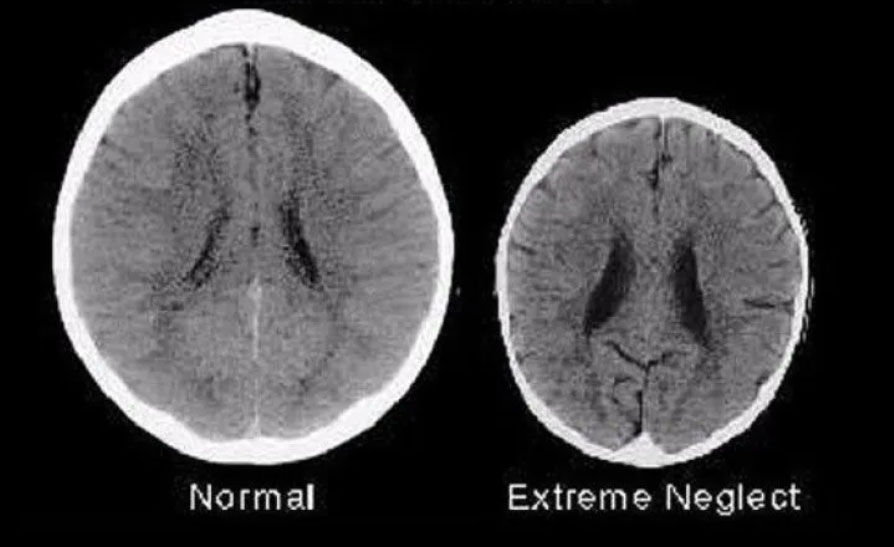Love Helps Children's Brain Development
- Candy Marx

- Feb 29, 2024
- 2 min read
Children, particularly babies, are amongst Earth's highest vibrational Beings. How they enter the world and how we raise them has everything to do with the rest of their lives. Studies have shown that love helps children's brain development—nurtured children's brains develop and wire differently than unnurtured and neglected children. And the more neglected a child, the more damage appears on the brain.
Lead researcher Dr. Joan Luby, professor of child psychiatry, said the studies showed that nurturing a child from birth helps them develop a larger hippocampus—the brain region important for learning, memory, and stress responses. Nurtured children typically do better in school, have stronger immune systems, and are more emotionally developed than unnurtured children. Brain images have shown that a mother's love physically affects the volume of her child's hippocampus. In this study*, the nurtured children had hippocampus volumes 10% larger than children whose mothers were not nurturing.

The image of the brain scans are from two three-year-old children, which revealed evidence of a mother's love's remarkable impact on their child's brain development. The images show that the left brain, which belongs to a nurtured & loved three-year-old, is significantly larger and contains fewer spots and dark areas than the right brain, which belongs to a three-year-old who has suffered extreme neglect.
Professor Allan Schore of UCLA said that if a baby is not treated properly in the first two years of life, it can fundamentally impact development. The genes for several aspects of brain function, including intelligence, cannot function. The development of cerebral circuits depends on it. 80% of brain cells grow in the first two years of life, and problems in that development can affect people for the rest of their lives.
References
*Proceedings of the National Academy of Sciences Early Edition, Jan. 30, 2012, www.pnas.org/cgi/doi/10.1073/pnas.1118003109
For more information on Dr. Joan Luby's work, please go to https://pubmed.ncbi.nlm.nih.gov/?term=Luby%20JL
For more information on Dr. Allan Schore's work, please go to https://www.researchgate.net/profile/Allan-Schore




Comments